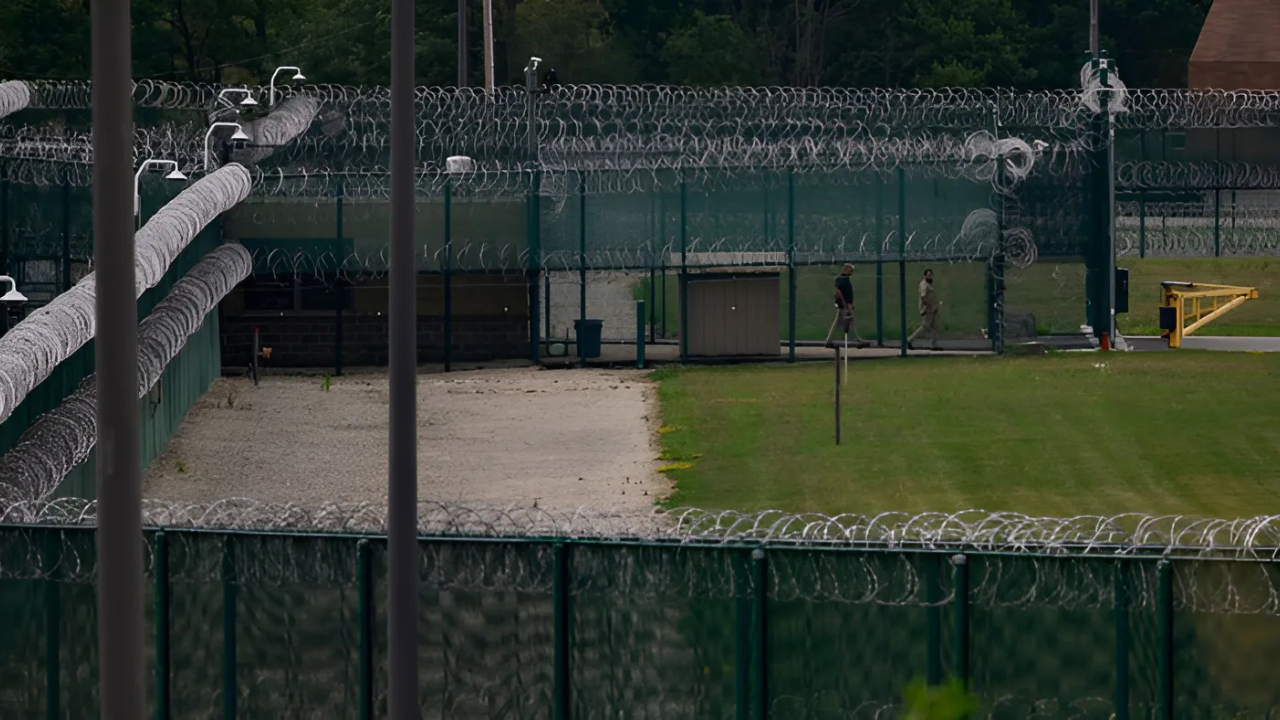Pennsylvania is slowly but surely moving toward ending the death penalty. For years, many lawmakers and citizens have questioned whether capital punishment is still necessary or even effective. Now, a new bill in the state legislature is trying to officially abolish it.
Right now, Pennsylvania still allows the death penalty, but no executions have taken place since 1999. Even though over 100 people are currently on death row, most of them are unlikely to ever face execution.
Instead, they remain in prison for decades. Critics say this system is costly, outdated, and doesn’t really serve justice.
Democratic Senator Katie Muth is one of the leaders behind the new bill. She believes the death penalty is “inherently racist, expensive, and flawed.”
And she’s not alone. Over the past several years, public opinion has slowly shifted. More people are now in favor of ending capital punishment, especially after learning about cases where innocent people were wrongly sentenced to death.
One key reason for the change in mindset is the number of wrongful convictions. Across the U.S., there have been many cases where people were later proven innocent—some after spending decades in prison or even coming close to execution. These errors have made people question how reliable the system really is.
In Pennsylvania, Governor Josh Shapiro has also made it clear that he wants to end the death penalty. Earlier this year, he said he would never sign an execution warrant during his time in office. His strong statement added fuel to the growing demand for change.
If this new bill passes, Pennsylvania will join 23 other U.S. states that have already abolished the death penalty. Others, like California and Oregon, have also declared moratoriums, meaning they’ve stopped executions even though the law technically still allows them.
Supporters of the bill argue that life in prison without parole is enough punishment for the most serious crimes. They also point to the high cost of death penalty cases. Trials involving the death penalty are often longer and more complicated, which makes them much more expensive than other types of trials.
Opponents of the bill say the death penalty is still needed in extreme cases, especially for people who commit brutal crimes.
They believe it can act as a deterrent and bring justice to victims’ families. But research has shown that states without the death penalty do not necessarily have higher crime rates. Many have similar or even lower rates than states that still use capital punishment.
The debate continues, but this time, momentum seems to be on the side of ending the death penalty. More lawmakers, advocates, and ordinary citizens are coming together to say that the system is broken and no longer works.
If the bill gets enough support in the state legislature and is signed into law, it will be a big moment for Pennsylvania. The state would finally close a long chapter in its criminal justice system and join the growing number of places across the country that have decided to move on from the death penalty.
It’s not a done deal yet, but the direction is clear. Pennsylvania is closer than ever to officially ending capital punishment—and for many people, that change is long overdue.






